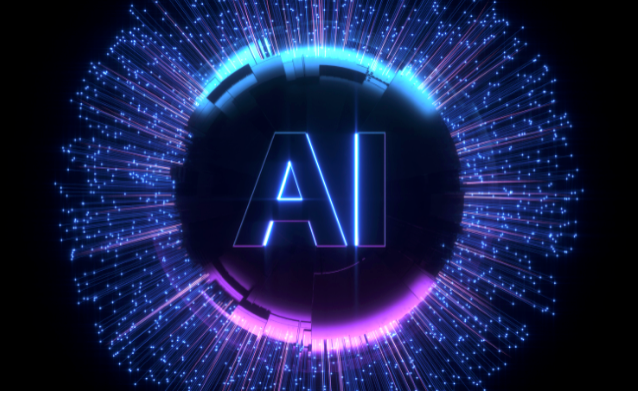German artist Boris Eldagsen won a major prize for photography using an AI-generated photo. However, he refused to accept the award after confessing the truth about his work.
The artist won the creative category of the Sony World Photography Awards with his “photograph” titled “Pseudomnesia: The Electrician.” He revealed that he created his winning piece using Artificial Intelligence.
Eldagsen declined to accept his award while criticizing the competition organizers. He said that they did not disclose the origin of his works before they announced him as the winner.
The artist explained that he submitted an AI-generated photo to the contest to initiate a debate over “what we want to consider photography.”
Award-winning photograph turns out to be AI creation https://t.co/Ut5pSaFS21
— BBC News (World) (@BBCWorld) April 18, 2023
AI has invaded even the world of art. Recently, photos of the world billionaires went viral as an artist featured them dressed up and portrayed as living in slums. In addition, an AI-generated image of Pope Francis wearing trendy clothes also circulated online.
The emergence of AI-generated images has instigated complex questions about art’s nature. There are also concerns over deep fakes used in photography and pornography that can circulate misinformation.
You may also like: 7 Billionaires Reimagined as Poor People
Although Eldagsen showed interest in “exploring the creative possibilities of AI generators,” the artist believed that AI photos and natural photography should not battle each other in such awards.
What are the implications of AI-generated photos in the photography world?

As AI technology continues to gain popularity, Ai-generated photos are flooding the internet. Using simple prompts, bots like DALL·E 2 or Midjourney can generate stunning images. However, some of the results may seem quite not right.
The rise of AI-generated photos sparks significant intellectual property issues. As these Ai images become more natural and sophisticated, they may create art that can blur the boundary between machine and human authorship.
This occurrence could lead to legal issues in terms of copyright and ownership. Identifying who owns the rights to an AI-generated photo may become challenging.
Furthermore, the artist called out for a discussion on whether the umbrella of photography is huge enough to accept AI images to enter. A subsidiary of the events company Creo, the World Photography Organization, responded to Eldagsen’s denial of receiving the award.
You may also like: AI-Generated Kanye West Verse Goes Viral
The organization’s spokesperson said that the artist informed the judges that his image entry was a “co-creation” with AI. It passed their criteria because the photo “relies on his wealth of photographic knowledge.”
In addition, the organization said that the creative division of the competition welcomes different experimental ways of image creation, from rayographs and cyanotypes to cutting-edge digital applications.

